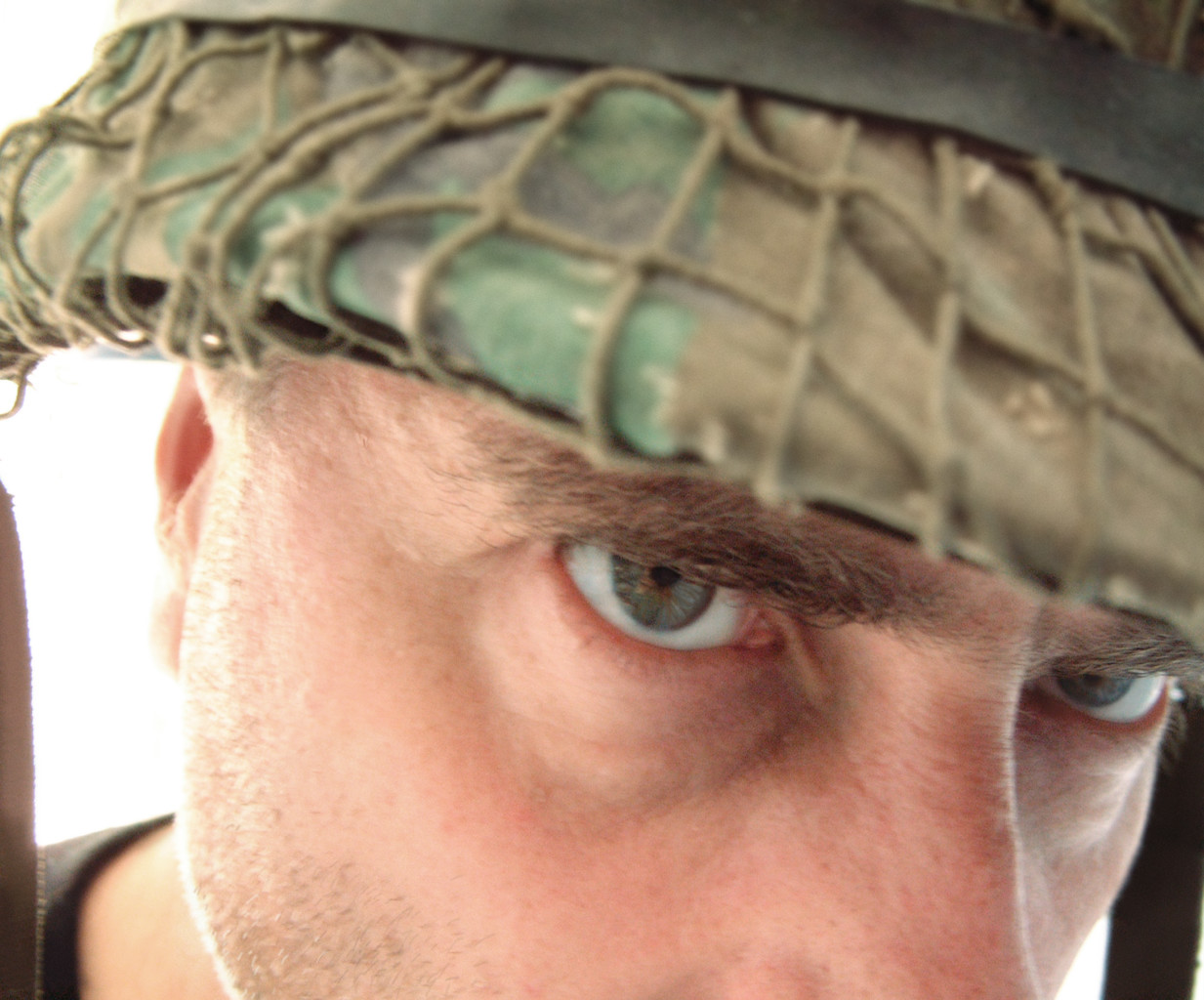
Electroconvulsive Therapy for Mental Illness
Several electroconvulsive therapy treatments, while still unproven, are available to patients with mental illness, including veterans. Here's what you should know.

Several electroconvulsive therapy treatments, while still unproven, are available to patients with mental illness, including veterans. Here's what you should know.

After a shocking event, some people don’t completely recover. Post-traumatic stress disorder symptoms that last longer than a month require treatment.

Research and resources are growing to help veterans of wars in Afghanistan and Iraq with chronic pain and trauma. Here's what you should know.

Eye movement desensitization and reprocessing (EMDR), a form of therapy, has grown popular because it appears effective at helping veterans recover from PTSD.

Women vets exposed to combat have greater odds of PTSD and the related problem of alcohol abuse. Even one combat experience puts female veterans at risk.

Veterans are twice as likely to die from an opioid overdose than civilians, and many take benzos, a family of anti-anxiety drugs. Here's what you should know.

Doctors may consider the antipsychotic aripiprazole (Ablify) sooner for a more effective treatment for depression in veterans. Here's what you should know.